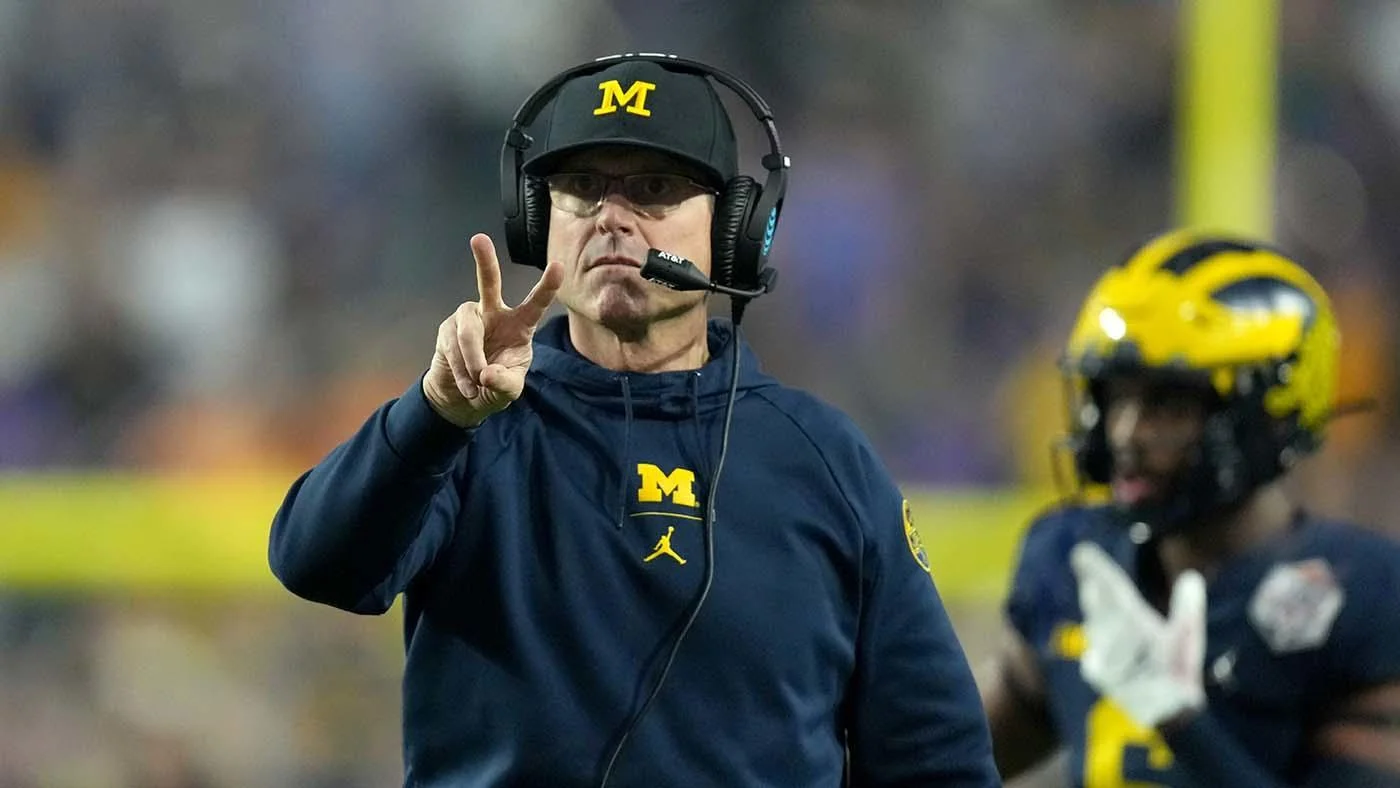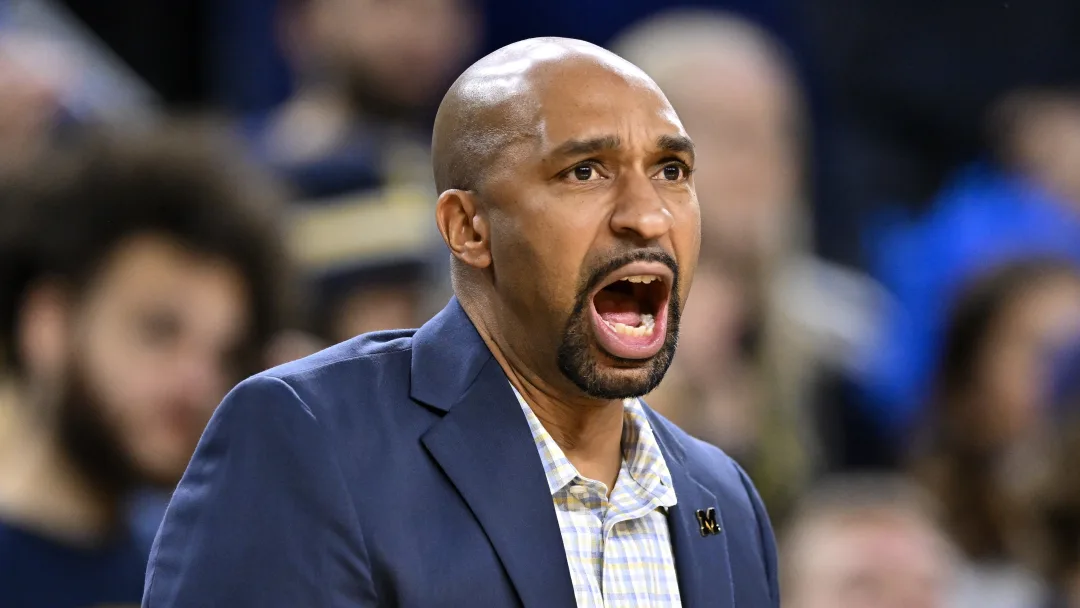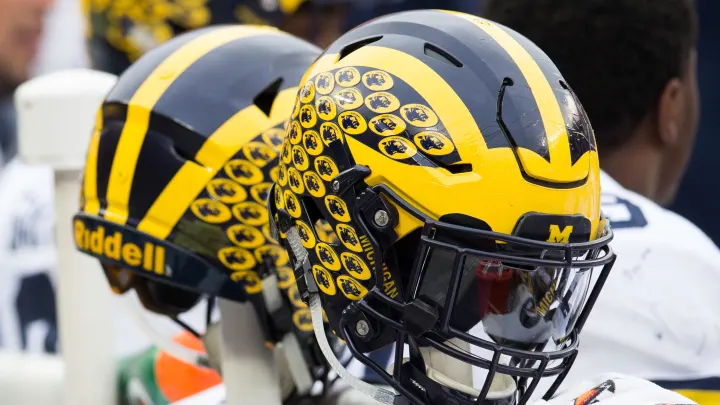Jim Harbaugh, formerly the head coach of Michigan football, now leads the Chargers and seems to relish his new role. However, insights from a recent book by John Talty and Armen Keteyian titled “The Price: What It Takes to Win in College Football’s Era of Chaos” reveal that Harbaugh initially desired to continue as the head coach for Michigan football.
In hindsight, this revelation may not come as a shock to Michigan football enthusiasts. It appeared that the Wolverines could have retained Harbaugh had they offered terms similar to those they proposed towards the end, but much earlier in the process. The decision-making process behind this remains puzzling, leaving lingering questions about why all possible efforts weren’t exerted.

Some suggest that Michigan should have swiftly offered Harbaugh the highest coaching salary on the same day as the NCAA allegations concerning “burger gate” surfaced. Alternatively, they could have secured his services with a contract extension amid the chaos within the Big Ten conference. However, Michigan failed to take such actions, and as a consequence, paid the price. Here’s a snippet from the book:
“During a brief retreat with his wife Sarah on Coronado Island near San Diego, Harbaugh confided in longtime friend Todd Anson. He expressed his desire to stay at Michigan but felt that Manuel—despite his public declarations—didn’t sufficiently advocate for him, especially in front of the Board of Regents. Harbaugh also expressed frustration towards Big Ten commissioner Tony Petitti, who, despite promising to meet Harbaugh in Ann Arbor and brief him on the conference’s actions before the three-game suspension, failed to do so. [Petitti declined an interview request through a spokesperson.]”
According to the book, Harbaugh’s perception of Manuel changed after the Chargers’ interview with him, but by then, it was too late. Whoever demonstrated appreciation to Harbaugh was bound to win him over, and unfortunately for Michigan football, that wasn’t the case, all thanks to Warde Manuel.
























